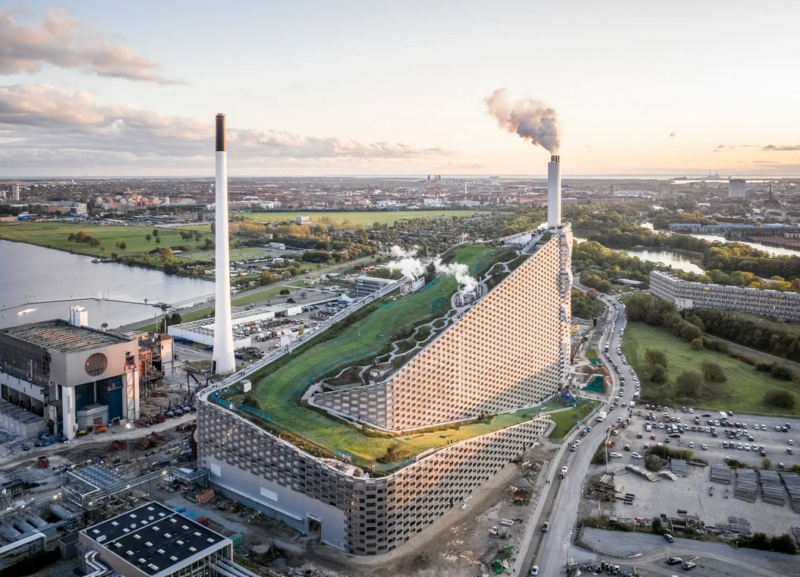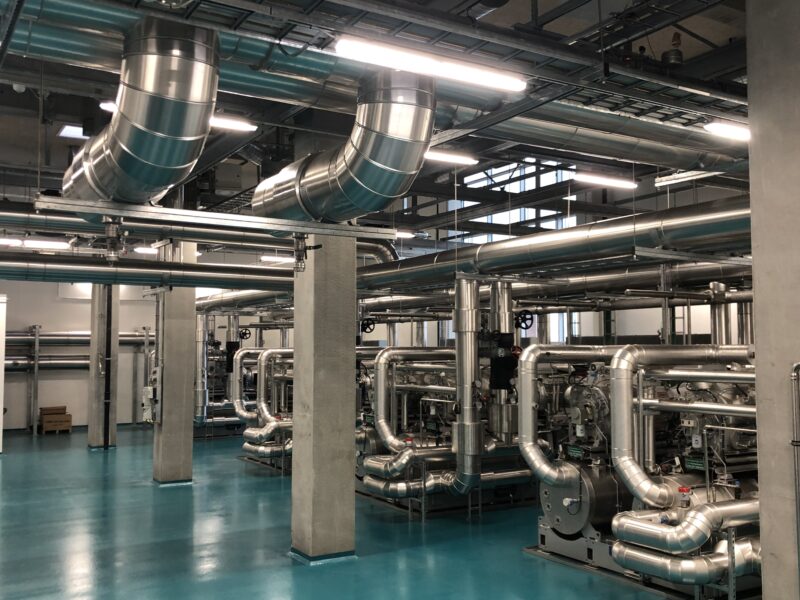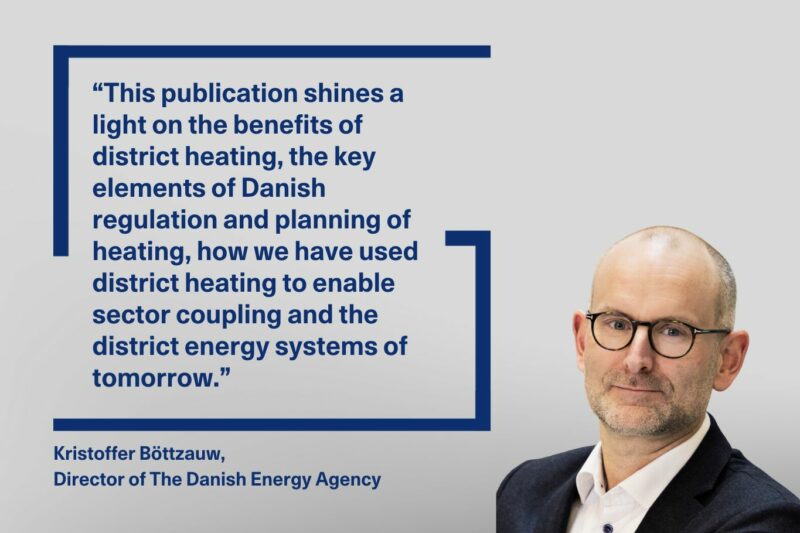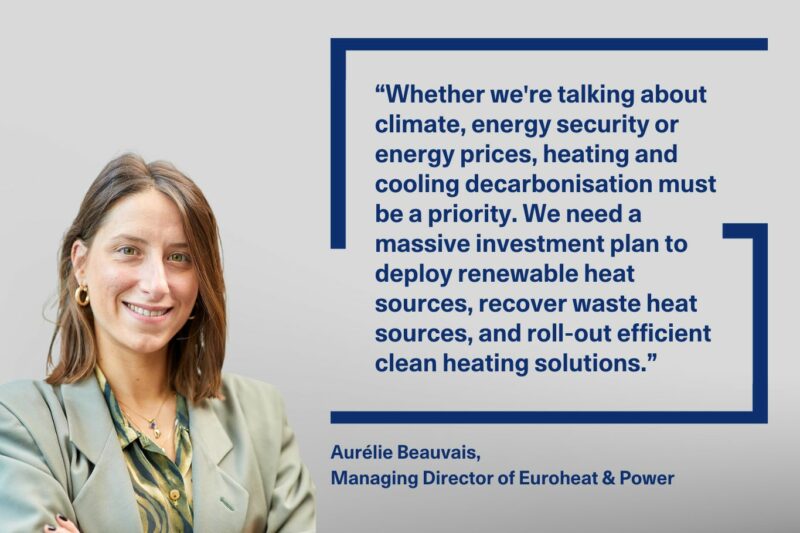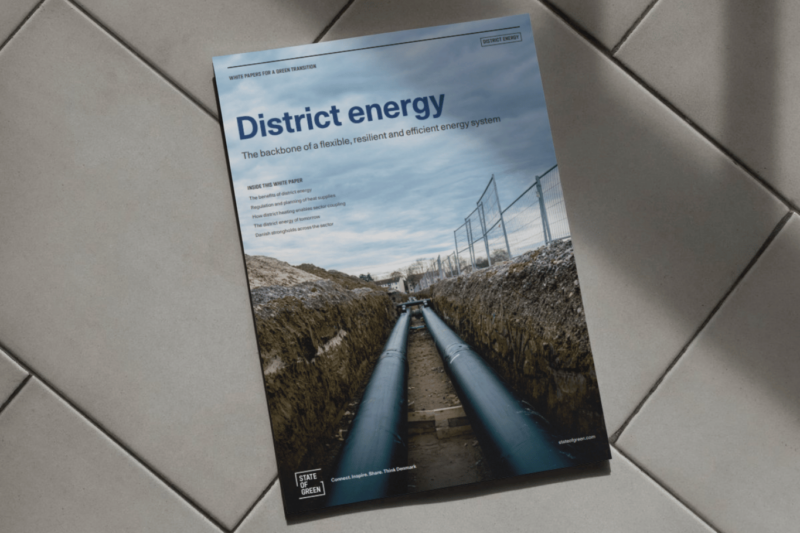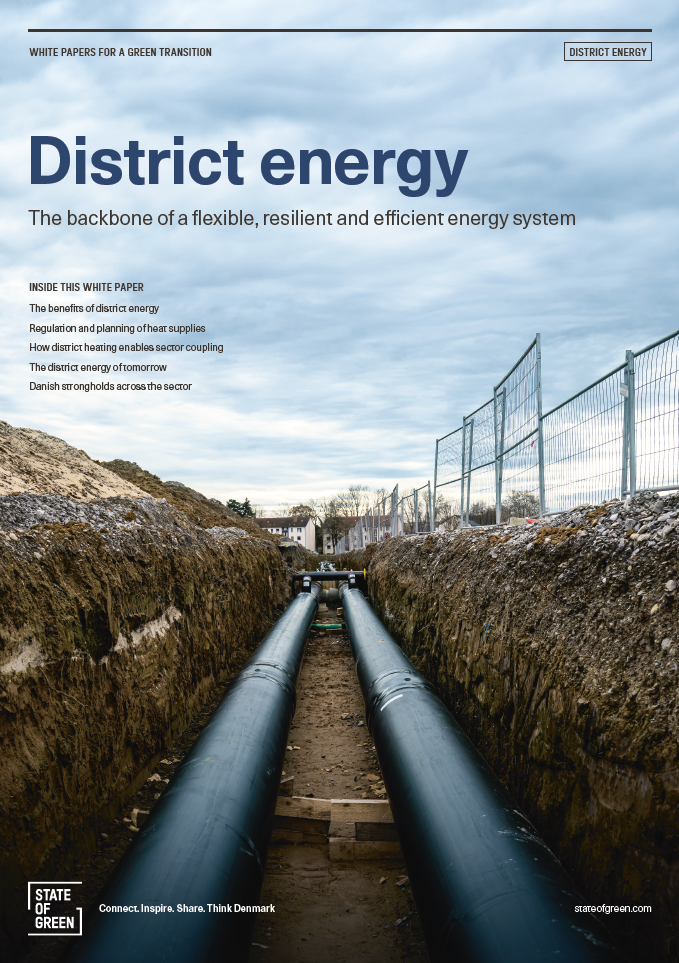News
Waste management
Bio-based circular solutions
Biomass
+3
Utilising the potential of waste
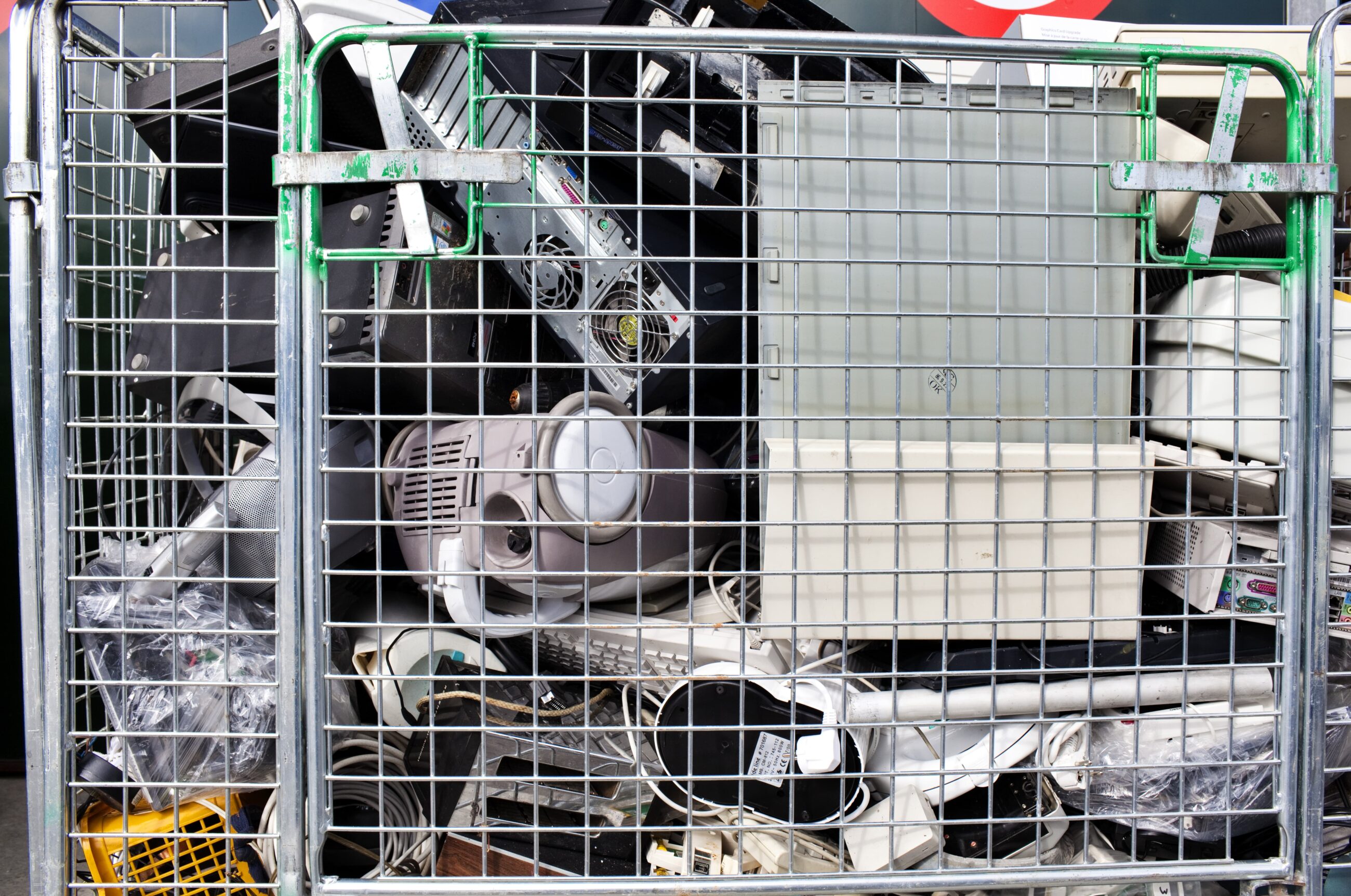

As the global population increases so does the consumption of goods and the creation of waste. Successful waste management is about utilising the potential of waste by increasing recycling and reuse of materials while limiting the amount of waste that goes to landfill.
Denmark has an ambitious national strategy that aims at recycling 50 % more waste by 2020 and to increase utilisation of waste as a resource.
Moving towards a future with more recycling
In many countries, far too many valuable materials end up in waste incineration plants or landfills instead of being reused. Many technological, knowledge-based and political solutions to increase recycling of waste already exist, including waste separation technologies, transfer of surplus materials between enterprises, policy frameworks and recycling targets.
As one of the most waste-producing countries in the world, Denmark has been motivated to take action. The Danish government has decided to change the course of action for waste management through an ambitious waste management policy, which focuses on more waste recycling and improving the quality of the recycled material. Highlighted targets include 50 % more recycling of waste by 2020, increased waste separation and removal of hazardous substances from material sent for recycling.
Recycling instead of incineration
Denmark has incinerated waste for more than 100 years and for most of that time utilised the derived energy to produce power and/or heat – the latter mostly as district heating. The waste burned in incineration plants is mostly biomass with low fossil carbon content, which contributes to an overall reduction of greenhouse gas emissions.
Despite the valuable contribution to non-fossil energy production in Denmark, incineration entails a loss of materials and resources, which could have been recycled. Consequently, the Danish government has presented a new strategic approach to waste – encouraging recycling over incineration. By 2022, 50 % more household waste will be recycled instead of incinerated.
Technological expertise throughout the waste cycle
Denmark is home to technology providers across the entire waste management system from collection and sorting, through treatment, recycling, incineration, and landfilling. Moreover, as a result of continuous development of waste strategies in close cooperation with the industry and academia, policy-makers in Denmark has accumulated vast experience on developing a more efficient and responsible waste system for the benefit of citizens, business and the environment.
You should consider reading
solutions
Combined heat and power production
+6
CopenHill: The story of the iconic waste-to-energy plant
20 November 2024publications
Combined heat and power production
+9
